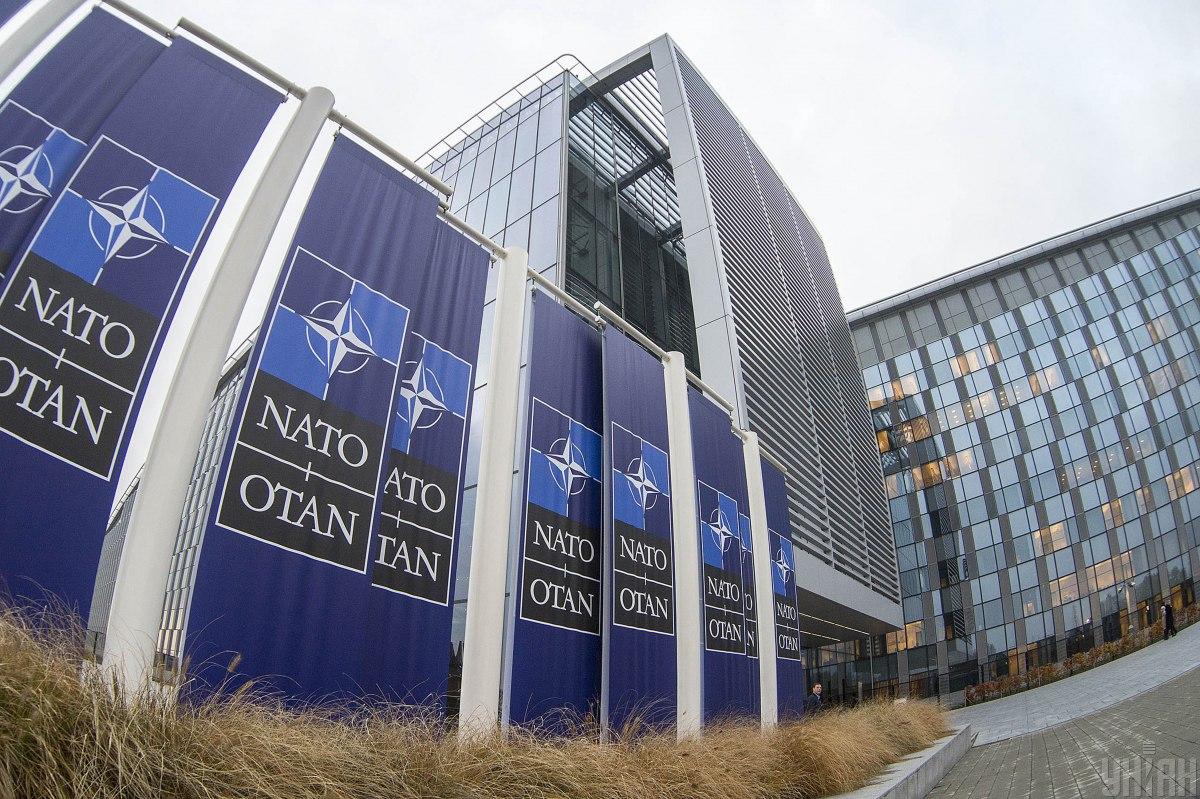
NATO Deputy Secretary General Mircea Geoană says that there is no consensus in the Alliance yet on the issue of granting Ukraine a Membership Action Plan (MAP).
The comment came as the official was virtually addressing the "Democracy in Action" forum on Monday, June 7, an UNIAN correspondent reports.
In response to a question about the prospects for NATO granting Ukraine and Georgia their Membership Action Plans, Geoană said, "The open door policy is solid, it's here, and it's real. And our leaders at the summit one week from now will reconfirm the open door policy. I'm also saying that we are an organization of 30 nations working by consensus. So before moving to one decision, we need to have consensus, and today we don't have consensus on this one," said NATO deputy secretary general.
"After the fall of Communism, in the mid and late nineties, we [Romania] decided to join the West: to join NATO, to join European Union," he added, noting that initially, not that many people "gave Romania a significant chance we'd be eventually there."
He also noted that Romania was not invited to the 1999 NATO summit in Washington for the first round of membership talks.
"We built so much expectations for that summit that when it didn't happen, we had to manage domestically a massive communication problem," the official said. "Then look at my country Romania now, look at from what position I am speaking to you now, the first leader from the new NATO members to have such a big position in NATO. I'm just staying that if you stay on your course, if you do your domestic reforms not for the sake of getting into one or another organization but for the sake of your own people, and you really continue to invest in your western destiny, this is what I call the western boulevard, this is the only way forward, this is something that will bring results," the senior NATO official said.
At the same time, the deputy secretary general stressed that NATO will not accept the "old European curse "of spheres of influence" – where some power determines which destiny another European country should choose.

